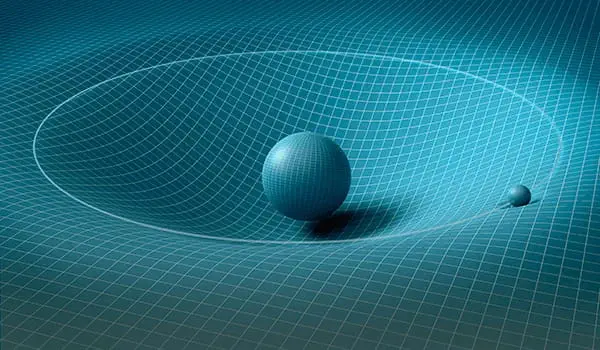
Techniques in Stochastic Processes, Statistical physics of complex networks and Effective field theories (spring 2021)
It is a pleasure to announce this spring's Delta ITP Course Advanced Topics in Theoretical Physics. The course is divided into three 5-week modules, which will cover Techniques in stochastic processes, Statistical physics of complex networks and Effective field theories.
Organization
Each module consists of four lectures and exercise sessions. Lectures will take place on Mondays at 11:15 - 13:00, followed by a study/exercise session from 13:45 - end. At the end of each module there is an exam. All exams are pass/fail, and you need to pass all three exams to receive credit for the course.
We expect that in-person (or hybrid) teaching will be possible, with the location of this course rotating between the three institutes. If this is possible the room-location will be published at each course, if this is not mentioned it will only be offered online.The first module is in Utrecht. Directions to the institutes can be found under "contact". Students who do not have an OV-card from the Dutch government can have their travel costs reimbursed from D-ITP. Please contact the local coordinator (below) for details.
Please register here before the course begins, even if you do not take the course for credit. We cannot process your grade or send important notices if you do not register.
- Module 1:
Introduction to Conformal Field Theory
Erik Plauschinn (UU)
Lectures and exercises: Feb 7, 14, 21, 28
Exam: Mar 7Abstract: This course provides an introduction to conformal field theories, with a focus on two dimensions. Such theories provide the underlying framework of string theory, and they describe for instance critical points of condensed matter systems. The course consists of the following four lectures:
- Conformal symmetry
- Fields in a CFT
- Operator formalism
- Examples
Lectures notes are available here, and it is recommended to briefly read through the sections of these notes before the corresponding lectures.
- Module 2:
Statistical physics of complex networks
Diego Garlaschelli (UL)
Lectures and exercises: Mar 14, 21, 28, Apr 4 – Online
Exam: Apr 11Abstract:
Complex networks are encountered in everyday life and in virtually all disciplines, from biology to economics. This module introduces the main approaches to the mathematical description of networks as canonical or microcanonical statistical ensembles of random graphs, as well as some applications for the analysis of real-world networks. Compared with more traditional physical systems, the additional complexity of network structure implies novel features in the statistical ensembles thereby constructed. Emphasis will be put on these novel aspects, which include the need of an extensive number of local constraints, the emergence of mixed (Bose and Fermi) distributions, the breakdown of ensemble equivalence, and the possibility of renormalizing networks without underlying geometric coordinates. - Module 3:
Effective field theories
Rudi Rahn (UvA)
Lectures and exercises: Apr 25, May 9, 16, 23, (May 2 is an UvA holiday)
Location: SP D1.112 (hybrid offered for those who cannot attend e.g. due to quarantine)
Exam: May 30Abstract: Effective Theories are an indispensable tool for physics at all length and energy scales, and their quantum field theoretical concretisations, Effective Field Theories (EFTs), a mainstay of research at all energy scales. In these lectures, we will establish the basic principles behind Effective Field Theories (with references to condensed matter and macroscopic physics), and discuss how they are applied to quantum field theories for particle physics.
The initial lectures will be devoted to deriving the common features of EFTs (power counting, top-down vs. bottom-up approach, renormalisation, decoupling,…) and to familiarising ourselves with the EFT way of thinking. The remainder of the course will explore common EFTs (Standard Model EFT & Higgs EFT, chiral Lagrangians, Heavy Quark Effective Theory, Einstein-Hilbert gravity, etc, among others and according to time and interest) and their phenomenological applications.
- Contact:
Dr. Lars Fritz
Institute for Theoretical Physics
Utrecht University
Princetonplein 5
3584 CC Utrecht
tel: +31 30 253 3880
e-mail: l.fritz@uu.nlProf. Koenraad Schalm
Instituut-Lorentz for Theoretical Physics
Leiden University
Niels Bohrweg 2
2335 CA Leiden
email: kschalm@lorentz.leidenuniv.nlDr. Wouter Waalewijn
Institute for Theoretical Physics
University of Amsterdam
Science Park 904
1098 XH Amsterdam
tel: +31 (0)20 525 3204
e-mail: w.j.waalewijn@uva.nlAdministrative matters:
Mariëlle Hilkens
Institute for Theoretical Physics
Utrecht University
Princetonplein 5
3584 CC Utrecht
tel: +31 30 253 5906
e-mail: m.e.t.hilkens@uu.nl